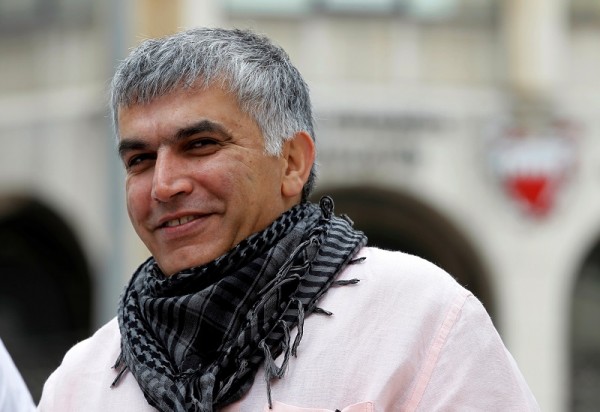UPDATE 8.04.11: Four journalists have been detained by forces loyal to Colonel Muammar Qaddafi this week, according to multiple news reports yesterday.
According to The Atlantic and other reports, Atlantic reporter Clare Morgana Gillis was detained near the rebel-held city of Brega along with James Foley of the Global Post online, Spanish photographer Manu Brabo and South African photographer Anton Hammerl.
Rebels witnessed the four being taken from their vehicle with their driver, who was then released. The vehicle was then destroyed, reports say.
*************************
UPDATE 7.04.11: According to a report posted yesterday on the website of American National Public Radio (NPR), more than 20 foreign journalists are being forced out of Libya on government orders. At the same time, Col. Muammar Qaddafi’s government has stopped issuing new visas, NPR says.
“We are appalled at the expulsion of so many foreign correspondents from Libya, where their work is more important than ever,” said IPI Director Alison Bethel McKenzie. “The Libyan authorities should immediately rescind this order and allow these and all other journalists attempting to enter Libya to cover events freely – without continuous oversight or restrictions on their movement.”
Since foreign reporters first managed to enter Libya, days after protests began in February, the authorities had allowed them to cover events so long as they remained under the constant scrutiny of government minders.
According to NPR, journalists from the following news organizations will be expelled:
— Britain’s Channel 4.
— CNN.
— Fox News.
— The Independent.
— Italian TV.
— Britain’s ITV.
— France’s Le Figaro.
— Los Angeles Times.
— London Times.
— NBC News.
— The New York Times.
— Italy’s RAI.
— RTL of The Netherlands.
— The Sunday Times of London (List taken from NPR blog).
***********************
7.04.11: Bahrain: Two Iraqi citizens working as journalists for the main opposition newspaper, Al-Wasat, have been deported from Bahrain, according to reports. Al-Wasat was temporarily suspended last weekend and is now under investigation by the Bahrain Information Affairs Authority (IAA), over the alleged publication of falsified stories.
Journalists in Bahrain have been subjected to threats and harassment, which have reportedly continued since a three-month state of emergency law was imposed on 15 March. On 28 March, a media gag order was put in place by the military public prosecutor, preventing any coverage at all of “investigations” into some 300 regime opponents arrested since the beginning of the unrest, Al Jazeera reported.
Publication of Al-Wasat was reportedly suspended by the government on Saturday 2 April, but the newspaper re-appeared on stands Monday morning after chief editor Dr Mansoor Al Jamri, along with two other members of senior management, were replaced, the TradeArabia News Service reported.
An IAA spokesperson reportedly confirmed that there is an investigation into Al-Wasat, but also said that the decision that Al Jamri and his colleagues should step down was internal and not a result of IAA interference.
The controversy began after state-owned Bahrain TV reported that the paper had published fake news articles. “The station provided evidence that appeared to show Al-Wasat took news from foreign Arabic newspapers and online forums, changed the details and falsely reported the incidents took place in Bahrain,” the Manama-based Gulf Daily News reported.
But Al-Jamri said the paper “has been subjected to a relentless campaign of intimidation by the authorities,” the Committee to Protect Journalists said.
The Bahrain Journalists Association has asked the board of the newspaper to thoroughly explain what happened, and identify those responsible for the allegedly invented news stories.
Protests in Bahrain, by largely Shiite demonstrators calling for greater freedoms and economic improvements in the Sunni kingdom, were brutally repressed.
“As Al-Wasat’s board prepares to respond to these allegations, we call on the Bahrain government to investigate the reasons behind the expulsion of the two reporters, who should be allowed to do their jobs,” said IPI Director Alison Bethel McKenzie. “The media in Bahrain have too often been subjected to gag orders and threats. They must be allowed to report on all matters in the public interest, and not just on matters that the government wants them to report on.”


